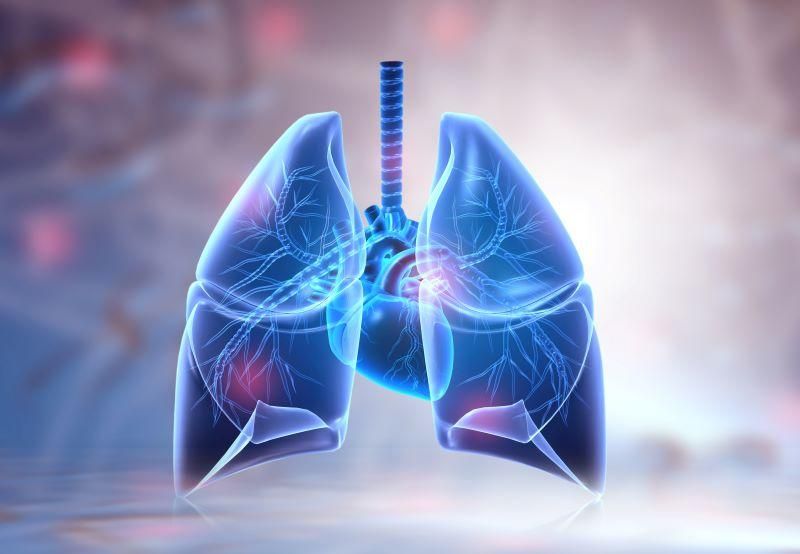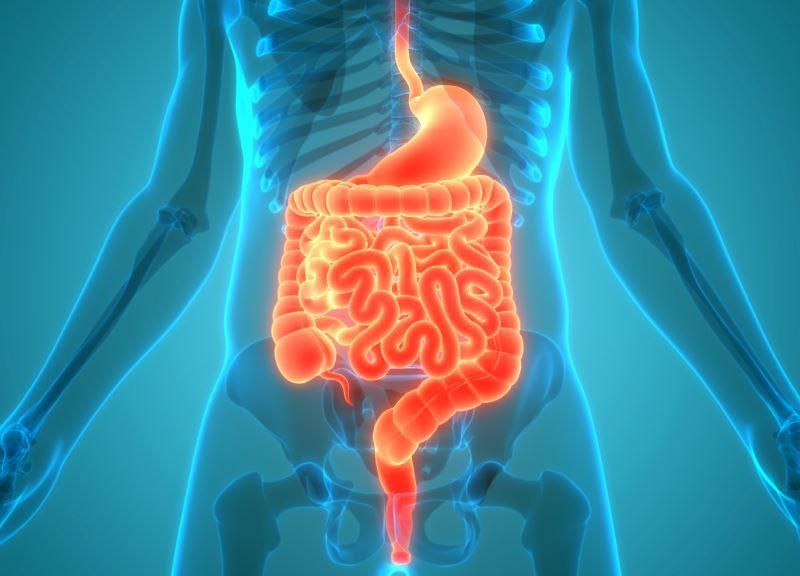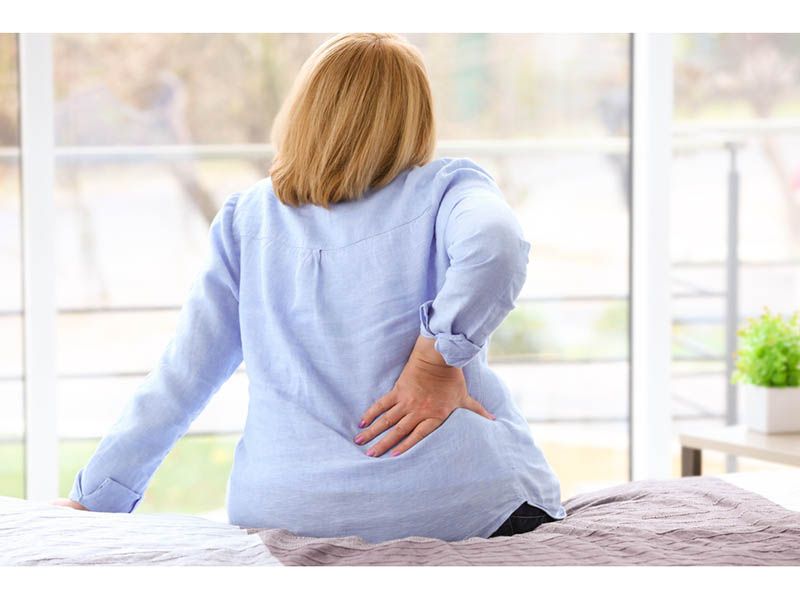
Storing donor lungs at cool — but not near freezing — temperatures can markedly increase the length of time the organs can live outside the human body, a new study suggests. Lungs stored at 50 degrees Fahrenheit remain healthy and viable for transplant up to four times longer than those stored at the current standard… read on > read on >






























